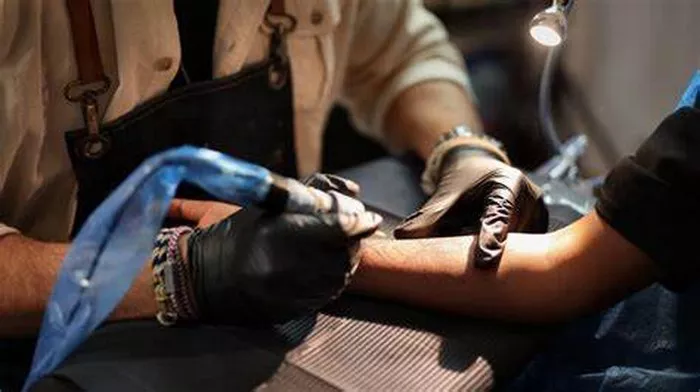Within the confines of Stillwater Correctional Facility, a groundbreaking initiative is underway, offering incarcerated individuals the opportunity to train as tattoo artists. Spearheaded by the Minnesota Department of Corrections (DOC), this innovative program seeks to tackle health risks associated with makeshift tattooing, mitigate the spread of diseases like hepatitis C, and pave the way for future employment prospects upon release.
Justin Jimenez, a renowned tattoo artist and proprietor of a successful studio in Forest Lake, has been enlisted by the DOC to develop and implement this pioneering program. Speaking about the initiative, Jimenez highlighted its dual purpose: “They wanted to cut down on hepatitis C outbreaks and do-it-yourself tattooing, as well as create some opportunities. Students will be able to use their tattoo license to get a career going when they get out.”
Each year, DOC contends with approximately 100 cases of hepatitis C within correctional facilities, with treatment costs soaring as high as $75,000 per person. The introduction of this program promises to deliver cost-effective solutions to these pressing health concerns. Presently, Jimenez oversees four students enrolled in the tattoo apprentice program at Stillwater Correctional Facility.
Drawing from his extensive experience in mentoring apprentices, Jimenez emphasized the program’s adherence to traditional tattoo apprenticeship standards. He stated, “Other than where it’s being done, the extra security, this is how I would do it for anyone else.”
Under Jimenez’s guidance, participants undergo comprehensive training encompassing machine operation, tattoo history, design principles, and diverse tattooing styles. Equally critical is the education provided on blood-borne diseases such as hepatitis C and HIV. Following months of rigorous practice, students become eligible to obtain temporary licenses.
Classes run Monday through Friday from 7:30 a.m. to 2:40 p.m., with Jimenez expressing optimism about the program’s progression. “We’re almost ready to start taking actual tattoo appointments. People will be able to sign up in June. We’ll start with simple designs and go up to more complicated and intricate designs, almost anything you could get in the outside world,” he revealed.
Admittance into the tattoo program is contingent upon meeting specific criteria, including maintaining a disciplinary-free record for a year, possessing a high school diploma or GED, and demonstrating artistic aptitude. Prospective students must present a portfolio showcasing their artistic endeavors during an in-person interview.
Reflecting on the caliber of students involved, Jimenez drew parallels between those incarcerated and his former proteges on the outside. “Students here are a lot like my students on the outside – they’re all eager to learn, passionate about art, share the same goals and things they want to do on the outside,” he remarked.
With a keen eye for talent and dedication, Jimenez expressed confidence in the potential of his apprentices. “When I pick an apprentice, I looked for talent, drive, is this person humble, are they able to take constructive criticism, do they want to learn? I have high hopes and am excited to work with all of them. I think they’re going to be successful at this,” he concluded.

